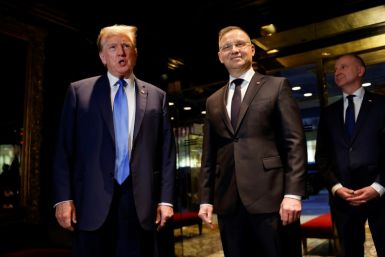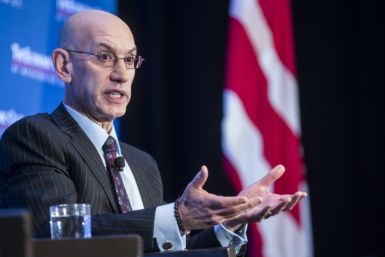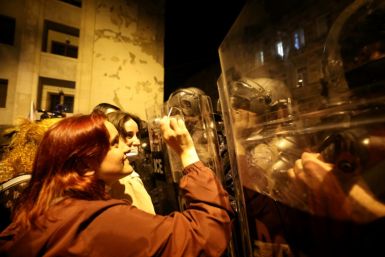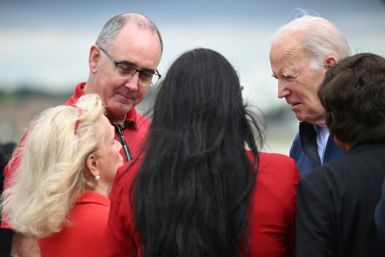Canada Cheers As Petronas Led LNG Project Ready To Take Off In British Columbia

Canada’s British Columbia has bagged its first energy project in export liquefied natural gas and paved way for Canada's efforts to hardsell its natural gas resources in key Asian markets. The ambitious Pacific North West LNG project, will be led by Malaysia’s Petronas and there will be an initial investment of CA$12 billion.
The requisite pipelines will be built by TransCanada Corp through the north of BC at a cost of $5 billion for linking shale gas fields to the liquefaction terminal. There is all round cheer in Canada after Petronas-led consortium on June 12 said it will go ahead with the LNG project despite some tough conditions set by the government and regulators, reports Financial Post.
Boost To Economy
The energy project is the biggest morale booster for the Canadian energy sector since the Alberta oil sands boom began. “This is a significant milestone for us,” noted Rich Coleman deputy premier and natural gas development minister of BC. The Petronas-led consortium said it was satisfied with the technical and commercial components and is ready to proceed.
Coleman was appointed by Premier Christy Clark to get the LNG sector off the ground. Traditionally, BC has been hostile to energy production and transportation projects on the grounds of environmental impact. Now the conditions set for the group include creating thousands of jobs in construction, services and drilling. The domestic cheer stems from the fact that exports of LNG to Asia will create a huge new market for natural gas producers in Western Canada, where prices had been staying depressed because of the shale gas availability in the United States.
Tough Regulator
Canada's environmental regulator took a hard stand in making sure that the project is satisfying all environmental norms. It periodically sought more information from the Malaysian company on how it plans to mitigate the possible damage to the salmon spawning habitat in BC, reports Reuters.
Even in early June, the Canadian Environmental Assessment Agency sent a letter to the Malaysian company, seeking 3D modeling information to assess the project's impact on fish habitat near the terminal site, according to CEA spokesman Christian Vezeau. The objections to the project came from aboriginals and environmental activists, who wanted to stall the project. Environmental groups argue that the project will harm the sensitive salmon habitat in Flora Bank at Lelu Island near the site. Following CEA’s tough stand, Petronas made numerous changes in its design to address local concerns and undoing any adverse impact on the spawning ground.
Petronas finally signed the project development deal with British Columbia in May and in a few days Petronas CEO WanZulkiflee Wan Ariffin said the company would proceed with a “conditional final investment” decision. The Pacific NorthWest LNG project in BC will be operating as a joint venture among operators Petronas, China Petroleum and Chemical Corp, Japan Petroleum Exploration Co, Indian Oil Corporation Ltd and Petroleum Brunei.
(For feedback/comments, contact the writer at k.kumar@ibtimes.com.au)






